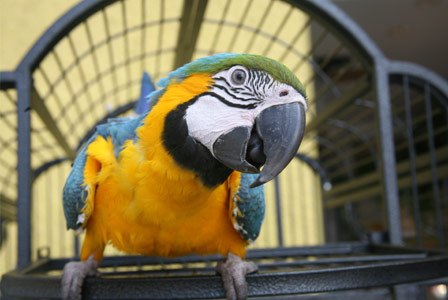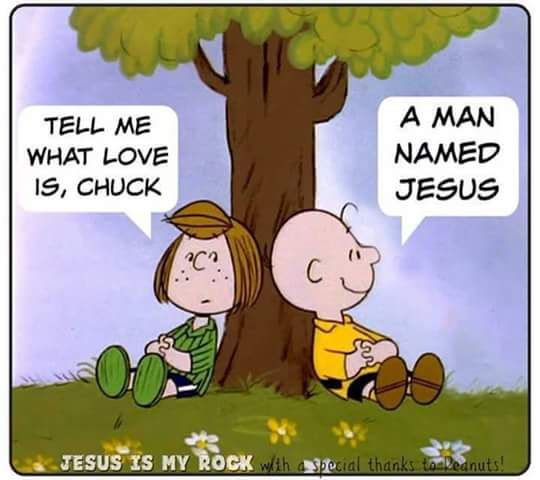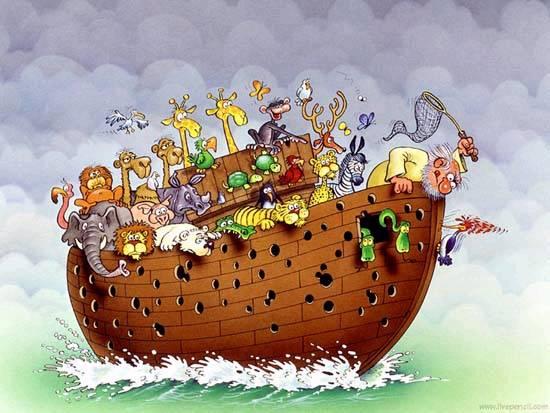Did you know that sheep are the most mentioned animal in the Bible? Maybe you did, maybe you didn’t, but it’s actually true – sheep and Shepherds are all throughout the Bible. The Lord is my shepherd; All we like sheep have gone astray; an angel appeared to the shepherds; the Lamb of God; and so on.
And it is not hard to work out why. The Bible (both the New and the Old Testament) was written at a time and in a place where sheep were an important part of the culture.
But have you ever wondered about the significance of all of these references. While they may cause some outrage to 21st century people who get upset about being called sheep, or even worse, sheeple, God has at various times described himself as both a shepherd and a sheep. But it may also have caused some problems for 1st century people as to why an angel would appear to low-paid workers tending livestock, not to mention the scandal of a baby being born in a sheep’s feeding trough, the Manger.
But what does the Lamb of God, Jesus himself, say about Shepherds and sheep. Quite a lot actually, and most of it can be summed up in three words: Feed my lambs.
To feed God’s flock is a high calling, and in fact even the word ‘Pastor’ literally means shepherd (from the Latin word to feed or graze), but sadly, and perhaps quite interestingly, we have a habit of creating distinctions in the church. We are not just Shepherds anymore, but we are Head Shepherds, Assistant Shepherds, Community Shepherds, Youth Shepherds, Bible Study Shepherds, Deputy Shepherds of Farmyard Governance, Shepherds of Administrative Affairs, Diocesan Shepherds, Music Shepherds, Educational Shepherds and the list goes on.
Now while some of these are important distinctions, and indeed the Bible tells us in 1 Corinthians that we each have a different role to play in the body of Christ (just to mix up the metaphor a bit), they all have the same underlying role: Feed my lambs.
And so whether at Christmas or at other times of the year, it is important to remember the first Nativity, the night when Mary had her little Lamb, whose fleece was white as snow. But it is also important to remember that the little Lamb grew up and had a much greater purpose in life, becoming the good shepherd who laid down his life for his sheep.
So what is your response to all of this? What should it be? Well 1 Peter 5:2-4 gives us some idea of what we should be doing, if we aren’t already:
“Shepherd the flock of God that is among you, exercising oversight, not under compulsion, but willingly, as God would have you; not for shameful gain, but eagerly; not domineering over those in your charge, but being examples to the flock. And when the Chief Shepherd appears, you will receive the unfading crown of glory”
Are you following the Chief Shepherd? Are you feeding the Lambs in your flock?






